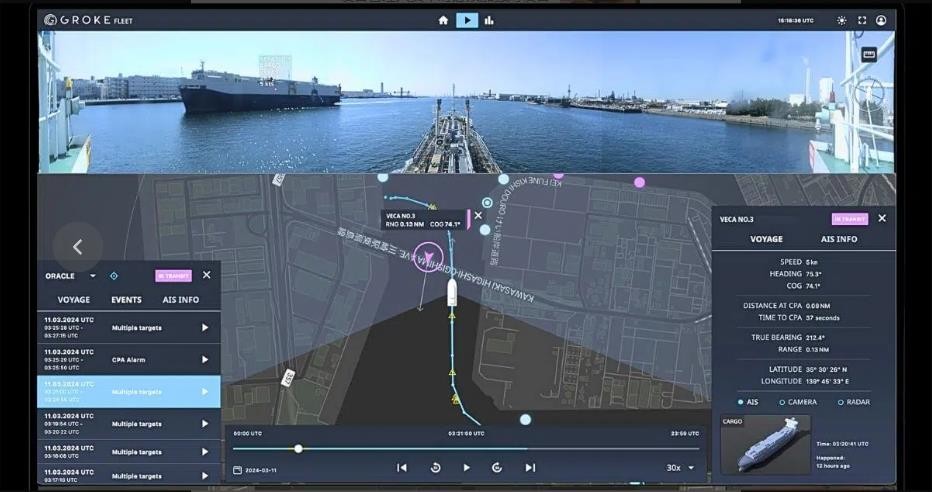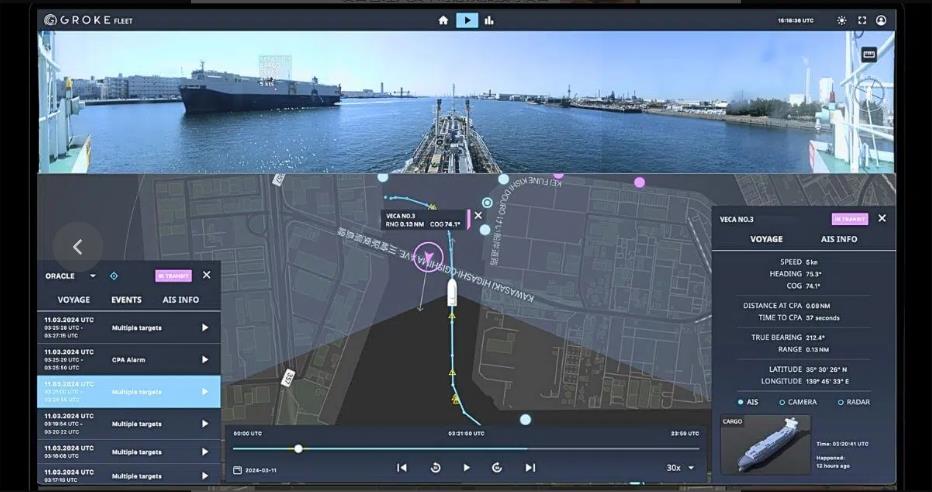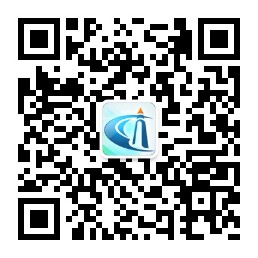芬兰Groke Technologies公司支持船旗国和船东呼吁国际海事组织撤回MSC/Circ.733和其他通告,允许重新引入船舶值班人员(OOW)在夜间担任唯一值班员的试验。
Groke的支持是在荷兰、德国和国际航运协会提交文件后提出的,这些文件提议撤销禁止此类试验的MSC/Circ.566、MSC/Circ.733和MSC/Circ.867,以便海上自主水面舰艇(MASS)监管框架与快速发展的技术保持同步。
在1996年6月发布MSC/Circ.733之前,允许船舶运营商根据1991年通过的MSC/Circ.566中规定的要求进行试验。
然而,尽管在大约30艘船上进行的初步试验结果表明,一名单独的值班人员提供了与传统夜间值班安排“至少相同程度的安全和污染预防”,但政府被要求无限期地停止试验。
Groke Technologies的创始人兼首席执行官Juha Rokka表示:“我们与荷兰、德国和ICS提出的观点相同。“最初担心只有一个值班人员会对航行和环境安全产生不利影响,但如今先进的基于人工智能的态势感知技术已经证明了这一点。”
在2023年3月提交的MSC 107/5/5文件中,它指出“新的检测技术已经出现,可能超过人类的检测能力。”
荷兰、德国和ICS进一步指出,新技术很可能成为履行特定职责或满足《STCW公约》规定的安排的替代方法,这将提供至少与STCW第I/13号条例所提供的同等程度的安全、保安和防止污染。
“自MSC/Circ.733以来的25年里,航行安全技术取得了显著进步。我们现在需要解决是否需要在夜间增加一名值班人员的问题,”Rokka说。“以目前的技术,OOW可以具有更大的全方位能见度,无论白天还是黑夜,这可能是人眼无法察觉的。需要进一步的研究和试验。”
所有各方都认为,继续禁止单独值班试验可能会妨碍大规模试验,并阻碍新技术的采用。
荷兰皇家船东协会航海和技术事务总监Niels van de Minkelis表示,目前对夜间额外值班人员的要求也对海员的福祉产生了影响。
“我们的成员认为,能够支持值班人员的新技术的引入不仅有助于通过减轻与人为错误相关的风险来提高航行安全,而且在夜间超越人类检测能力的替代技术还可以为白天的工作提供另一名船员,这将减少海员的压力并提高他们的整体福祉。”
利比里亚在9月提交的另一份文件也支持在夜间进行单人驾驶台作业。
海事安全委员会已指示HTW小组委员会在2025年2月举行会议时优先考虑这些文件。
英文原文
Finland’s Groke Technologies is supporting calls made by flag states and shipowners for the International Maritime Organization to withdraw MSC/Circ. 733 and other circulars, allowing for the reintroduction of trials in which a ship’s Officer of the Watch (OOW) acts as the sole watchkeeper in periods of darkness.
Groke support follows the submission of documents by the Netherlands, Germany, and the International Chamber of Shipping that propose the revocation of MSC/Circ. 566, MSC/Circ. 733 and MSC/Circ. 867 that prohibit such trials so that the maritime autonomous su***ce ship (MASS) regulatory framework keeps pace with rapidly evolving technology.
Prior to publication of MSC/Circ. 733 in June 1996, ship operators were permitted to carry out trials in accordance with the requirements set out in MSC/Circ. 566, adopted in 1991.
However, while the results of initial trials onboard thirty or so ships indicated that a sole watchkeeper provided “at least the same degree of safety and pollution prevention” as traditional nighttime watchkeeping arrangements, Administrations were called upon to discontinue the trials indefinitely.
“We are of the same view as that put forward by the Netherlands, Germany, and the ICS, said Groke Technologies’ founder and CEO Juha Rokka. “Initial concerns that only one watchkeeper adversely affects navigational and environmental safety have been disproven with today’s advanced AI-based situational awareness technology.”
In the MSC 107/5/5 document submitted in March 2023, it states “new means of detection technology have emerged which may possibly surpass human detection capabilities.”
The Netherlands, Germany, and the ICS further that new technologies may well serve as alternative methods of performing specific duties or satisfying the arrangements prescribed by the STCW Convention, which would provide at least the same degree of safety, security and pollution prevention as provided by STCW regulation I/13.
“Navigational safety technology has advanced significantly in the 25 years since MSC/Circ.733. We now need to address whether an additional watchkeeper at night is required or not,” Rokka said. “With current technology, the OOW could have far greater all-round visibility, day and night, that may not be picked up by the human eye. Further studies and trials are required.”
All parties believe that continued prohibition of solo watchkeeping trials could hamper MASS trials and prevent the adoption of new technology.
The current requirement for an additional watchkeeper at night also has an impact on seafarer wellbeing, according to Niels van de Minkelis, Nautical and Technical Affairs Director at the Royal Association of Netherlands Shipowners.
“Our members believe the introduction of new technology capable of supporting the Officer of the Watch not only helps improve navigational safety by mitigating risks associated with human error, but replacement technology that surpasses human detection capabilities in periods if darkness also provides another crew member available for daytime duties, which will reduce seafarer stress and increase their overall well-being
A one-man bridge operation during periods of darkness was also supported in a separate document submitted by Liberia in September.
The Maritime Safety Committee has instructed the HTW Sub-Committee to consider the documents as a priority when it meets in February 2025.
免责申明:本文来自外网,如有误差,以英文为准;仅代表作者观点,不代表中国海员之家立场。其真实性及原创性未能得到中国海员之家证实,在此感谢原作者的辛苦创作,如转载涉及版权等问题,请作者与我们联系,我们将在第一时间处理,谢谢!联系邮箱:cnisu@54seaman.com


 联系我们人工客服
联系我们人工客服



















 :1391995811
:1391995811


评论 (0人参与)